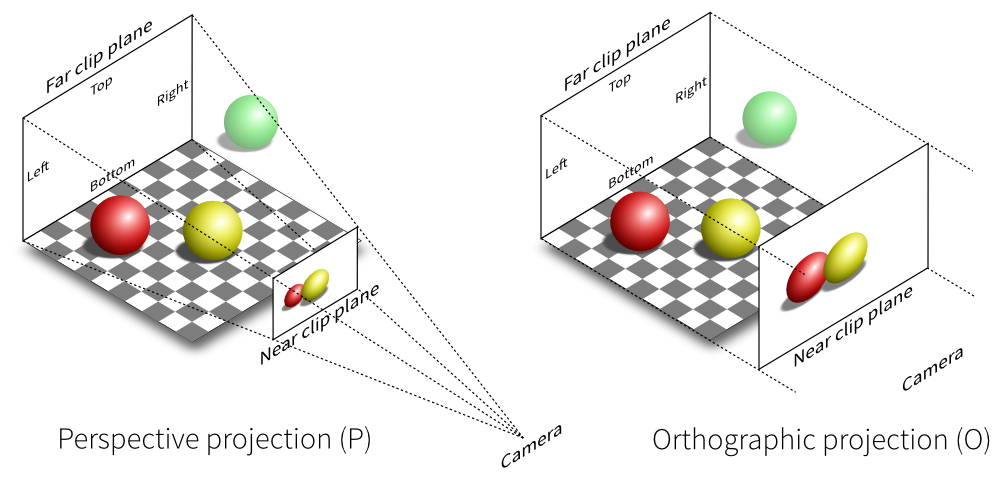1
2
3
4
5
6
7
8
9
10
11
12
13
14
15
16
17
18
19
20
21
22
23
24
25
26
27
28
29
30
31
32
33
34
35
36
37
38
39
40
41
42
43
44
45
46
47
48
49
50
51
| #include <iostream>
#include <cstdio>
#include <algorithm>
#include <cstring>
#include <vector>
#include <queue>
#define pair_int std::pair<int,int>
using namespace std;
#define DIJKSTRA_MAX 10010
struct node {
int v,w;
node() {}
node(int v0,int w0):v(v0),w(w0) {}
bool operator< (const node&b)const {
return w<b.w;
}
};
bool vis[DIJKSTRA_MAX];
int dis[DIJKSTRA_MAX];
vector<node> son[DIJKSTRA_MAX];
inline int dijkstra(int s,int t) {
priority_queue<pair_int,vector<pair_int>,greater<pair_int> > q;
memset(dis,127,sizeof(dis));
memset(vis,false,sizeof(vis));
dis[s]=0;
q.push(make_pair(dis[s],s));
while(!q.empty()) {
int now=q.top().second;
q.pop();
if(vis[now]) continue;
vis[now]=true;
for(int i=0; i<son[now].size(); i++) {
node x=son[now][i];
if(dis[now]+x.w<dis[x.v]) {
dis[x.v]=dis[now]+x.w;
q.push(make_pair(dis[x.v],x.v));
}
}
}
return dis[t];
}
inline void insert(int a,int b,int w) {
son[a].push_back(node(b,w));
}
inline void insert_multi(int a,int b,int w) {
son[a].push_back(node(b,w));
son[b].push_back(node(a,w));
}
|



